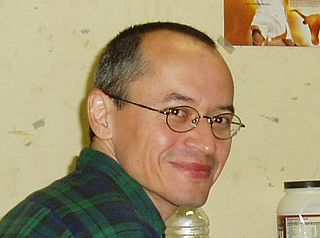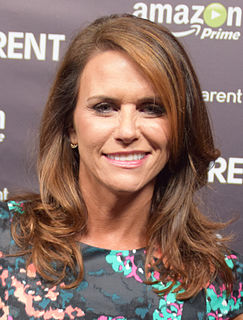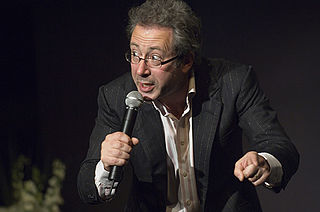A Quote by Meg Whitman
What's sort of interesting about the whole public relations disaster that is the Net, in some ways, is that the fundamentals are really good.
Quote Topics
Related Quotes
You can't really explain competing in Olympic event to someone. You can say, "Oh, that was really tough." And that literally means nothing to someone. If you can give some sort of comparison, because that's really all track and field is about any way....Usain Bolt runs a time and you get to see what everybody else's time is. It would just be interesting to compare Olympians to somebody who doesn't train their whole life.
The ways in which people are damaged are the ways in which they're strong. It's what makes people interesting - what they've overcome and how, and what they haven't and how that's become a good thing. Almost everyone's life is both a gorgeous story and a tragedy. I think being alive is really, really hard, and I'm constantly stunned and amazed by people who make it interesting and beautiful.
You could reduce people's fears if you gave them some useful information before things went wrong. It's really important to create a sense of confidence in the public in their own abilities before a disaster because they're the only ones who are going to be there. No one's going to help you for at least 24 to 72 hours. So it would be good to know more about it.
In some ways, in the U.S. we don't know how to be. I think in a lot of ways America is about liberation and about change and progressive human relations. And because of that, I feel like that we're confused about who we're supposed to be and what it is that's supposed to satisfy us and make us feel fulfilled.
I didn't expect the book to sell in the first place. I was hoping for a quick and merciful death at the hands of reviewers but at the same time I sort of hoped that maybe someone would like it enough to give me encouragement. Public encouragement. I hoped for a little, as I said, but I got rather a whole lot, and in some ways this was just about as frightening as the quick, merciful death I'd expected.
A criminal has a kind of freedom by definition that the ordinary citizen doesn't have. The criminal's able to realize himself in ways not available to the general population, if you want to put it that way. They're interesting and unpredictable. Characters always have to break some sort of bound or other to be interesting. It also helps if they're paradoxical.


































